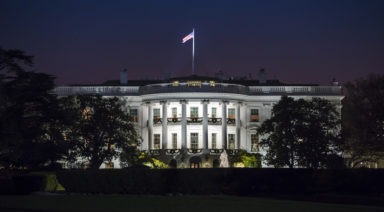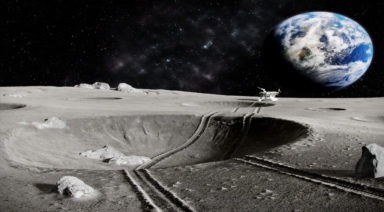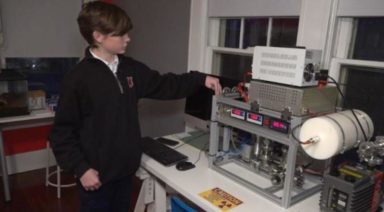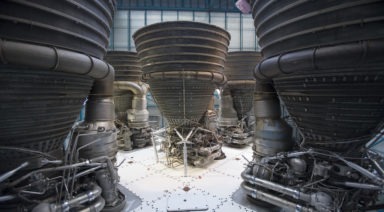The Monsanto Blackwater Connection; Spying on Activists
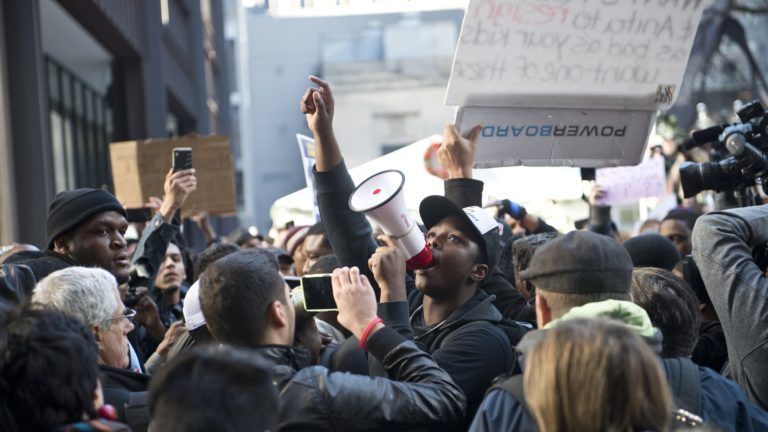
No matter where you stand on genetically modified crops and biological patents, Monsanto indisputably engages in questionable business practices as a multinational corporation. From situating employees in top-level government roles to brokering a deal with Blackwater to infiltrate animal rights activist groups, the history of this biotech giant hints at a nefarious agenda.
The Blackwater Controversy
Throughout the mid to late-aught’s, the private military contractor, Blackwater, became a go-to firm for the CIA, State Department, and Department of Defense for everything from military operations in Iraq to ad-hoc law enforcement during Hurricane Katrina.
Unsurprisingly, Blackwater developed a comfortable relationship with the CIA, through which most of its larger contracts were acquired. It even created a price sheet for CIA services its multinational, private-sector clients might desire, like setting up safe houses anywhere in the world, or having CIA operatives represent your interests in front of national decision makers.
Founded by American businessman and former Navy SEAL, Erik Prince, the company essentially employed modern-day mercenaries – though Prince prefers epithets with less negative connotations. Since he started the company in 1997, it has gone through several name changes due to controversies it found itself embroiled in, including the Nissour Square massacre in 2007, during which Blackwater contractors killed 14 innocent civilians and wounded 17 others.
Today, the firm is known as Academi, it’s third name change in addition to over 30 shell corporations it created to acquire U.S. government contracts after its name was tarnished from employees’ reckless behavior. Many of those contracts were awarded by officials who were unaware they were dealing with Blackwater, adding to the $2 billion in government contracts the company amassed between ’97-’10.
Prince is no longer affiliated with the company, having sold it in 2010 when it started coming under flak for a litany of legal offenses stemming from its operations. Prince moved to the United Arab Emirates, a country with no extradition treaty with the U.S.
The Monsanto-Blackwater Deal
One of the aforementioned CIA operatives was a man named Cofer Black, the former head of the CIA’s counter-terrorism center. In 2008 Black travelled to Zürich to meet Kevin Wilson, security manager for global issues at Monsanto. Black worked as the chairman for the Total Intelligence Consulting Company, which was owned by Blackwater at the time. During his meeting with Wilson, he proposed to make Total Intelligence the “intel arm” of Monsanto.
Monsanto hired Total Intelligence Solutions from 2008-09 under the agreement it would infiltrate animal rights activist groups by having employees become legal members. It also promised to monitor activists’ blogs and websites on Monsanto’s behalf.
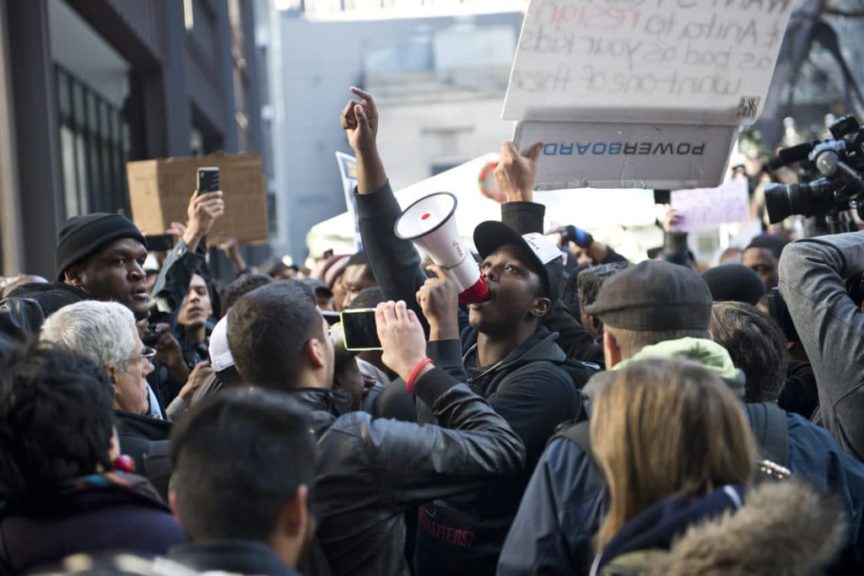
The story originally came about through the reporting of Jeremy Scahill, a writer for The Nation, who has written extensively about the shady operations of Blackwater and its subsidiaries.
Though Wilson claimed he was told Total Intelligence and Blackwater were completely separate entities, Scahill noticed an email was sent after their meeting to Prince discussing the use of Blackwater operatives in infiltrating animal rights activist groups.
A History of Monsanto Government Ties
Monsanto’s infiltration outside of the private sector has been most obvious in Michael R. Taylor’s back-and-forth employment between the big agriculture industry’s public and private sector. Taylor began his career working for a corporate law firm that represented Monsanto, before being hired as policy chief for the FDA in the early ’90s. Taylor was later hired directly by Monsanto as its vice president of public policy, before being tapped again to lead the FDA in 2009.
During his initial tenure in the FDA, Taylor green-lit the approval of GMOs and recombinant bovine growth hormone, or rBGH. Aside from the fact that the approval of these two nascent biotechnologies was lucrative for Monsanto, he didn’t require producers to label food products containing GMOs.
Taylor also allowed for food producers to initially regulate themselves and argued against the Delaney Clause, which prohibited substances that were known carcinogens from being used as food additives.
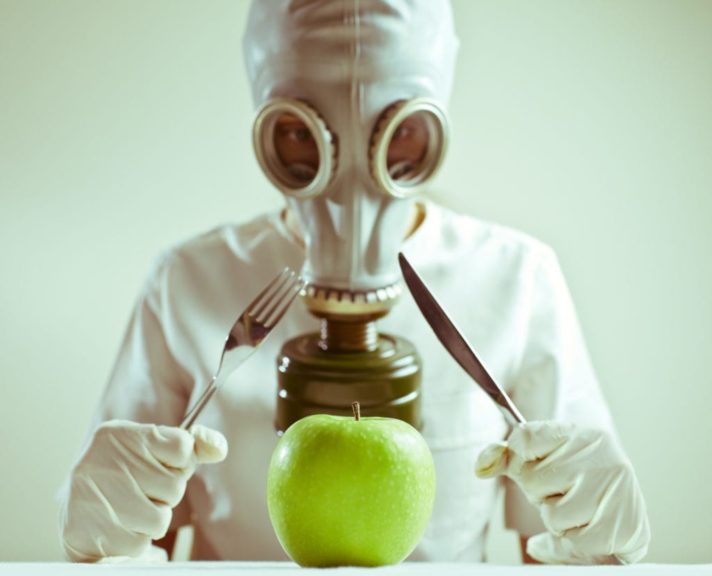
When Taylor first crafted his regulations on GMOs, the policy treated GM foods the same as food additives, in which the producer was allowed to determine whether it was “generally recognized as safe,” GRAS, or not GRAS. Though this system had already existed, Taylor eased the regulations surrounding information that farmers could rely in using new technologies. This allowed farmers to rely on unpublished studies and information in determining the GRAS standard, as opposed to those publisehd in scientific journals.
After his initial stint at the FDA, Taylor moved on to the USDA, then to Monsanto, then back to the FDA, where he currently sits as the Deputy Commissioner for Foods.
Taylor isn’t the only former Monsanto employee who would later go on to work in government. In fact, former employees have worked at the State Department, Department of Defense, Supreme Court, EPA, Social Security Administration, and Department of Commerce.
In addition to these mostly appointed positions, Monsanto has a long history of lobbying and donating to political campaigns across all levels of government and on both sides of the aisle. Over the past few decades the company has spent millions on lobbying, PACs, and individual campaign contributions.
Is Monsanto Really That Bad?
The company faced a number of lawsuits from its products and policies from disparate parts of the world, stemming from GM crops not producing the promised higher yields, negative health effects from GM foods, and entire countries banning Monsanto products.
The fact that nearly 40 countries in the world have banned or restricted GMO crops should raise a red flag for anyone on the fence about biotech products.
There is a lot of conflicting information about whether GM foods are safe or dangerous, but the historical lack of regulation and safety testing is a concern. We’re not quite at the point of being able to test the long-term effects of consuming GM foods, considering they’ve technically only been around for 30 years or so. However, rising negative trends can be correlated with the introduction of GMOs.
And when a toxin used as an insecticide is found in the blood stream of pregnant mothers and their babies, there’s cause for concern.
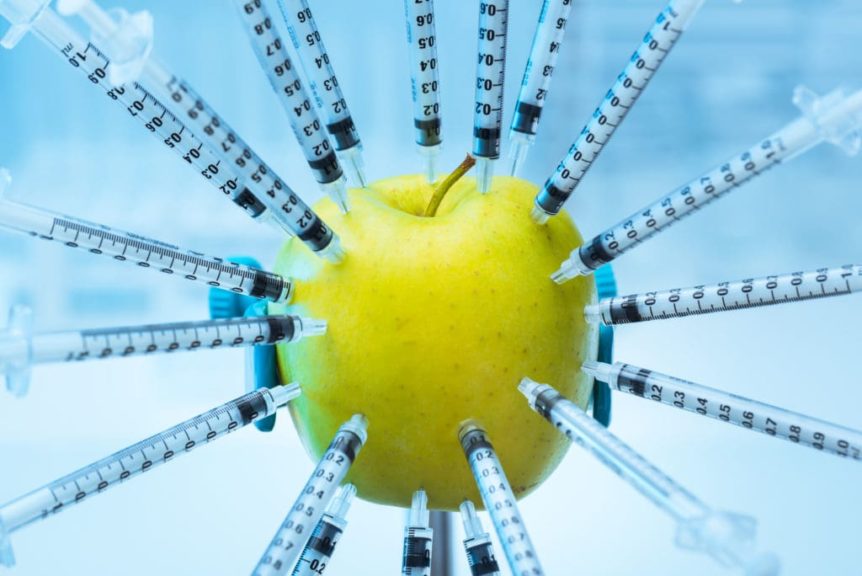
Monsanto has become known for having a militaristic grip on its patents, threatening customers who don’t ascribe to their strict legal clauses with mafia-style intimidation tactics. Their investigators will show their targets photos that let them know they’re being watched or followed, in addition to the constant threats. The company even has an 800 number to pit farmers against one other, encouraging them to call each other out for replanting their seeds.
The company is not hesitant to take farmers to court who disobey or don’t understand the company’s restrictions on replanting seeds. And Monsanto’s investigative legal team casts a big net when finding farmers to prosecute. The company has even taken farmers to court who unintentionally grew GM crops when the wind blew Monsanto seeds into their fields.
In Missouri, a Monsanto investigator walked into a man’s small country store, accusing him of violating Monsanto’s policy of replanting seeds. The agent threatened the man with a major lawsuit, promising him he wouldn’t be able to beat Monsanto’s team of lawyers. The man wasn’t even a farmer, but it wasn’t until he hired a lawyer and fought the company in court that they realized they had the wrong guy. He was never given an apology or reimbursed for lawyer’s fees.
This unapologetic, hawkish attitude seems to be a recurring theme in the company’s litigation strategy. If they don’t get their way with customers whom they believe to be in violation, but don’t have a strong case against, Monsanto’s lawyers will pull them into a legal battle so drawn out, the accused farmer or co-op can’t afford to continue fighting and will eventually have to acquiesce.
Avoiding Monsanto and GMOs
Last year the federal government passed a law mandating that GMO foods be labelled, much to the chagrin of certain members of Congress who tried to prevent its passage. This was likely due to the multitude of campaign contributions these members received from Monsanto and big agricultural corporations.
The movement initially started when Vermont passed a law that demanded food manufacturers label GM foods. This forced larger companies to label all of their products that contained GMOs because it would be too costly to produce an entire distribution line specifically for one state.
Though 70 percent of food products in North America contain GMOs, it’s still possible to avoid them. Anything that is labelled USDA organic, 100% organic, or certified organic is by definition GMO-free. There are other labels, like the Non-GMO project that can guide consumers away from GM foods.
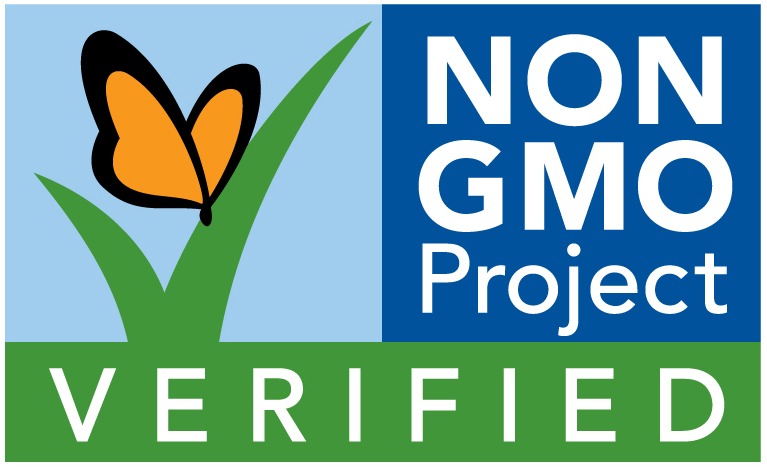
nongmoproject.org
Specific foods that are common GM crops include sugar beets, soy, and corn, but these are often used as additives in many different food products, so looking out for these in listed ingredients can help you identify which foods contain genetically modified material.
The demand in Vermont started as a grassroots movement that inevitably created much larger waves than most expected. Movements like these that may appear to be small can force the larger hands at play to bow to consumer demands. And whether one believes GMOs are dangerous or not, when it comes to our food supply and the future of food, large corporations shouldn’t have the final word in our essential sustenance.
Should We Be Hesitant to Embrace Transhumanism?

The human body has somewhere in the vicinity of 50 to 100 trillion cells, depending on who you ask. Each of these cells has .07 volts of electrical energy potential — a relatively small number you might say. But when you multiply those .07 volts times 50 to 100 trillion, you get somewhere between two and a half, to five trillion volts. We are powerhouses of electrical energy potential.
Yet for some, this potential isn’t enough. In the minds of transhumanists, the body is a work in progress — one in which we must actively improve toward some perceived ideal. In some circumstances they may be right; our bodies are not all created equally, some face deformities and defects, or aren’t built as sturdy as others, making a good argument for the need to artificially augment.
But according to researcher and author Gregg Braden, this is a slippery slope — one in which we must tread with caution while appreciating the truly high-tech construction of the biological suits we’ve found ourselves born into.
“All of the technology that is now being developed in the world around us, and I worked in the Cold War years in the defense industry, space-based lasers, ‘Star Wars’ Defense Initiative… and I have yet to this moment, seen any tech in the world around us that does not mimic what we already do in our cells, except our cells do it better,” Braden said in a recent interview with Regina Meredith on Open Minds.
With advancements in microchip technology, futurists envision a world in which we begin to work toward almost complete integration with technology and computers. Some even go so far as to believe we will one day be capable of transferring our consciousness onto a hard drive composed of microscopic silicon chips, experiencing the world through that mechanistic, binary scope of the computer — potentially allowing humans to achieve something that looks like immortality.
But this reductionist mindset of the materialist, scientific lens is incredibly arrogant, Braden said.
Firstly, science’s “hard problem of consciousness” currently limits it from understanding what exactly consciousness is and where it comes from. And secondly, would this really even be the same kind of consciousness? Can you separate consciousness from our biological nature? And if you could, why would you?
Those are the two trains of thought when it comes to the views of our advancing technology and the transhumanist movement, Braden said.
One side views it as, “If we were never supposed to learn how to achieve such a feat, why have we gotten this far?”
While the other side says, “Just because we can, doesn’t mean we should.”














